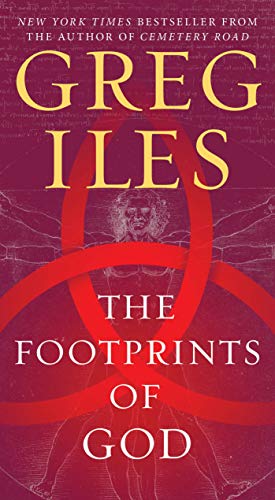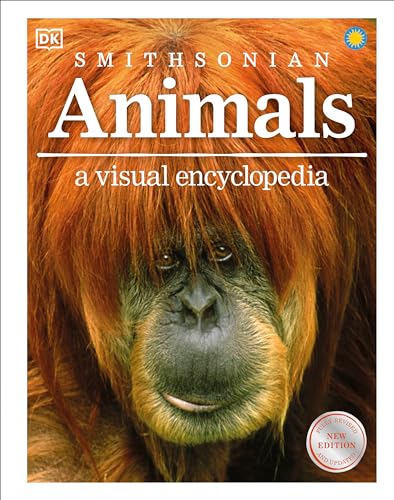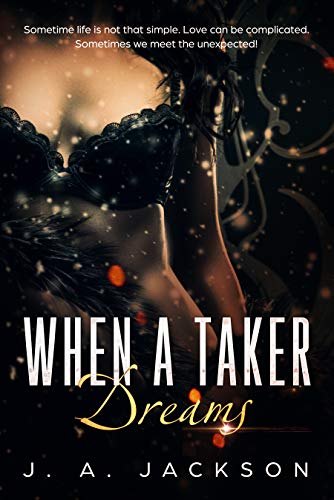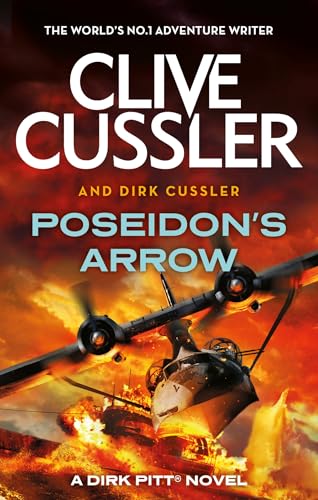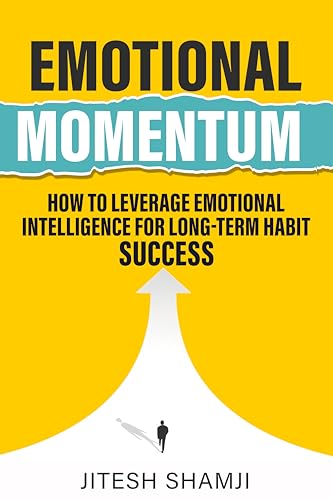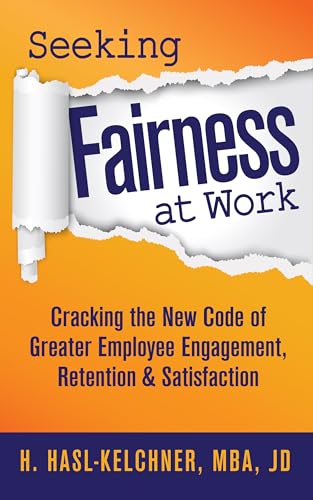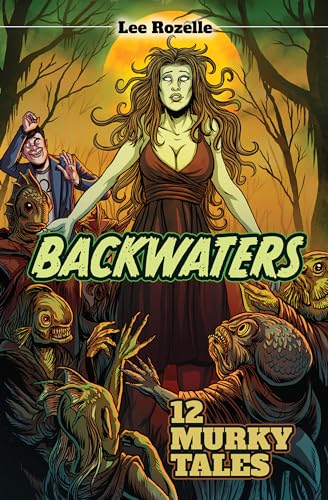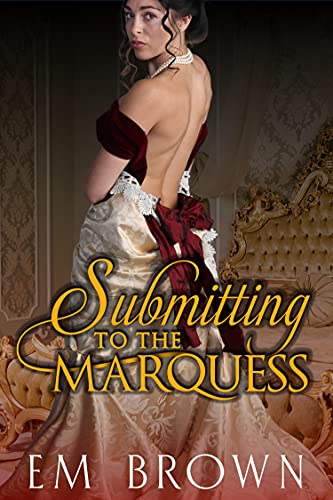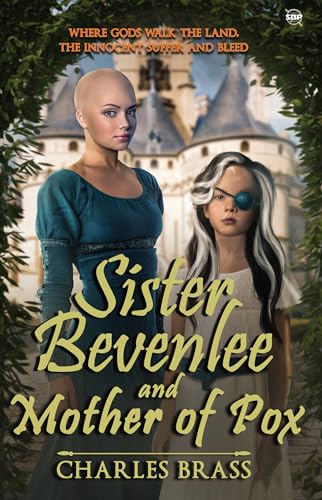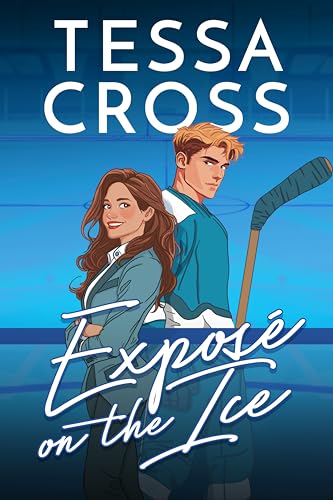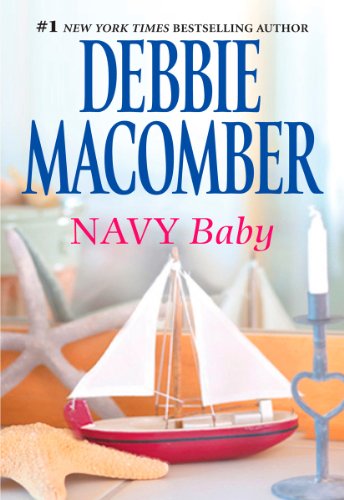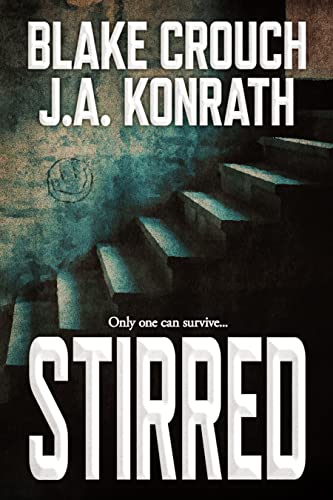Kindling Kids’ Reading Kicks. According to a Scholastic study reported by The New York Times on Wednesday, children enjoy digital reading and would “read for fun more frequently” if e-book technology was available to them. This is exciting—when students of any age declare their passion for reading. The study, as Scholastic’s chief academic officer indicates, is further proof of technology’s importance in education: as she put it, it’s “a call to action” for  more quickly embracing e-reading devices and e-books.
more quickly embracing e-reading devices and e-books.
The specific data, as reported by the Times: “About 25 percent of the children surveyed said they had already read a book on a digital device, including computers and e-readers. Fifty-seven percent between ages 9 and 17 said they were interested in doing so. Only 6 percent of parents surveyed owned an e-reader, but 16 percent said they planned to buy one in the next year. Eighty-three percent of those parents said they would allow or encourage their children to use the e-readers.”
The article quotes skeptical parents who are concerned with technology’s negative impact on their children. “My daughter can’t stop texting long enough to concentrate on a book,” said one parent surveyed, the mother of a 15-year-old in Texas.
In a future where the feel and smell of hardcover books may prove less relevant, the most helpful technology for encouraging reading may be the one that is the least distracting.
But Not All Kindle Content is for Kids. James Ledbetter’s Slate column Wednesday focused on what he called most downloaded item for Amazon’s Kindle — Jenna Bayley-Burke’s Compromising Positions
This emergence of the Kindle as the brown paper bag of the 21st century is nothing new. Our editor Steve Windwalker has noted this diversity of literature in the Kindle universe in past, and we have even gone so far as to create a separate page for free and bargain erotica listings on the Kindle Nation website, currently sponsored by Rena Diane Walmsley’s steamy coming-of-age novel Girl on Fire
But Ledbetter may be confusing smoke with fire when he wonders “how comfortable Amazon is with being identified with this material” and if conservative Christian groups will lash back against Amazon’s tolerance for racy stories. Neither Amazon, most Kindle readers, nor anyone else with a healthy respect for the Bill of Rights is likely to suggest that bookstores and censorship should go together.
And, as our annual observation of Banned Books Week draws to a close tomorrow, isn’t it nice that, with the Kindle, nobody ever knows whether you’re reading Girl on Fire or Molly’s soliloquy from Ulysses
or Molly’s soliloquy from Ulysses , or, for that matter, which is hotter!
, or, for that matter, which is hotter!
Kudos to a Kindle Kolleague. Kudos to Andrys over at A Kindle World for picking up this story about Amazon’s recent response to an illegal book upload.
Kudos to a Kindle Kolleague. Kudos to Andrys over at A Kindle World for picking up this story about Amazon’s recent response to an illegal book upload.
After an earlier controversy concerning Amazon’s removal of 1984 from customers’ Kindles when it determined that an uploaded edition was in copyright violation in some geographies, CEO Jeff Bezos issued a strong apology and the company assured customers would not take the same action again.
from customers’ Kindles when it determined that an uploaded edition was in copyright violation in some geographies, CEO Jeff Bezos issued a strong apology and the company assured customers would not take the same action again.
Indeed, when Amazon discovered in July that Jamie Oliver’s The Naked Chef 2 Recipes had been uploaded and was being sold by a party without the rights to sell it, Amazon emailed customers who had downloaded the book: “We are writing to inform you that we need to refund your purchase,” Amazon said. “This book was added to our catalogue by a third party who we now believe did not have the rights to make the book available for sale. We will be removing the book from our servers, making it unavailable for re-downloading from your archived items. Any copies you already have on your Kindle devices will not be removed, but you may choose to remove any such copies yourself.”
Indeed, when Amazon discovered in July that Jamie Oliver’s The Naked Chef 2 Recipes had been uploaded and was being sold by a party without the rights to sell it, Amazon emailed customers who had downloaded the book: “We are writing to inform you that we need to refund your purchase,” Amazon said. “This book was added to our catalogue by a third party who we now believe did not have the rights to make the book available for sale. We will be removing the book from our servers, making it unavailable for re-downloading from your archived items. Any copies you already have on your Kindle devices will not be removed, but you may choose to remove any such copies yourself.”
Practice makes perfect.
Are Bloggers the New Gatekeepers in Publishing? is the title of Writer’s Digest’s recent Q&A; article by Jane Friedman for which we issue a sincere thank you to all concerned, because our name came up in a very nice way.
After digitizing and formatting her highly successful Eden Murdoch novel An Uncommon Enemy, author Michelle Black (photo at right) reports that she decided quickly on the free Kindle model because she “loves reading books on [her] Kindle, but also because of the attractive 70% royalty Amazon is currently offering.” In sum, Black concluded that the Kindle format would let her charge “a modest price “ and still make “a royalty comparable to the hardcover royalty” at a New York-based publisher.
Black cites the excerpting of her book here as a Free Kindle Nation Short as sparking an influx of e-readers and causing her book to jump from #124,000 to #127 in the Kindle Store. The book rose to #7 for historical novels and #1 for Western books in genre-specific sales rankings.
We don’t know if we and other bloggers are the new gatekeepers, but anything that brings authors of distinction closer to smart, discriminating readers like the citizens of Kindle Nation can’t be all bad.
(Ed. Note: This digest has been prepared by one or more hard-working Kindle Nation student interns, but it is our editor, Steve Windwalker, who is solely responsible for the ridiculously lame repetition of misspelled K-words.)

